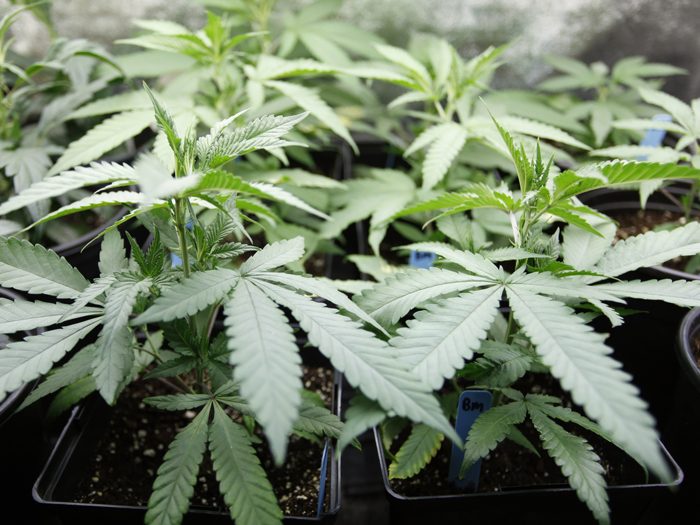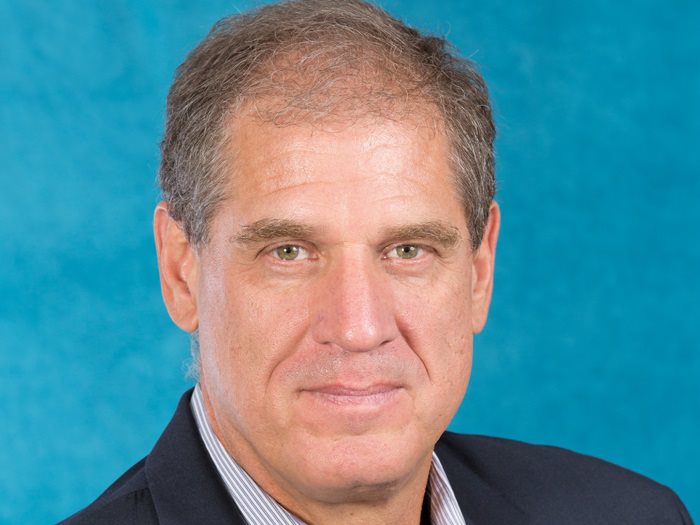A Doctor’s Take: What Workers’ Compensation Pros Should Know About Marijuana

With marijuana becoming more widely accepted, both socially and legally, those involved in workers’ compensation are seeing the drug creep into their purview with higher frequency.
But marijuana’s increased mainstream acceptance doesn’t mean workers’ comp professionals don’t have concerns when it comes to outright covering the cost of marijuana or, more conservatively, reimbursing for it.
For starters, marijuana is still considered a Schedule 1 drug at the federal level, a category reserved for “drugs with no currently accepted medical use and a high potential for abuse.”
Even if it’s legal in the state a business operates in, readily covering something still classified in the same category as heroin, at least on a federal level, can feel risky. Pricing and regulation in the marijuana industry is also in flux, which means forecasting the true cost of coverage can be difficult.
Along with the above concerns, there are medical concerns, which Broadspire’s Marco Iglesias outlines in a recent paper titled “Marijuana: A Medical Perspective.” Below are the top takeaways for workers’ comp professionals.
Marijuana’s Wide Acceptance Has Equated It With Safety, Which Isn’t 100% Accurate
Per the paper, in recent polls, as many as 63% of respondents were in support of the legalization of marijuana, compared to just 12% in 1963. This number rises to 93% when it comes to supporting its use for adults with a medical prescription by a physician.
While marijuana is shown to be helpful in certain medical cases, like improving appetite for those with HIV/AIDS and reducing pain and nausea, it’s not entirely without its risks.
As Iglesias noted, “Cannabis can cause a temporary impairment of memory, judgment, decision making, reaction time and time-space recognition.” There’s also the risk of cannabis use disorder, described as “a persisting pattern of cannabis use that results in clinically significant functional impairment in two or more life domains (school, work, social, recreational).”
Marijuana Can Impact the Ability to Perform Everyday Tasks, Like Driving
As the paper read, use of cannabis while driving is linked to an increased rate of collisions.
With the recent legalization of marijuana, “Colorado, Oregon and Washington saw collision claim frequencies rise by 3% … Fatal crashes involving cannabis doubled after legalization in Washington state (8 to 17%).”
This does not show a causal association, but it’s still worth noting.
From a Medical Perspective, the Science Isn’t Crystal Clear
There are scientific reviews that support marijuana’s abilities to improve short-term sleep, reduce chronic pain symptoms, reduce symptoms of social anxiety, and more.
That said, there are also studies that show that when it comes to chronic neuropathic pain, which cannabis is shown to alleviate, other treatments — like certain antidepressants and opioids, which we all know have their own set of risks — are still more effective.
To sum up what we can deduce from the science on cannabis, Iglesias quoted a 2017 systematic review: “The public perception of the efficacy, tolerability, and safety of cannabis-based medicines in pain management and palliative medicine conflicts with the findings of systematic reviews and prospective observational studies conducted according to the standards of evidence-based medicine.”
The Final Takeaway
It’s not that cannabinoids have been scientifically proven ineffective or more dangerous than other solutions for pain and disabilities that would warrant workers’ compensation.
Instead, it’s that the research to justify the use of cannabis in place of other already-covered alternatives isn’t necessarily convincing enough yet. As Iglesias said, with more research behind it, “it is likely that we may be able to find cannabinoids that have useful medical purposes.” &










